35 Chapter 6 Humans In The Biosphere Worksheet Answers
The Circulatory System The ability of humans to taste the bitter chemical phenylthiocarbamide (PTC) is an inherited trait, under the control of the two alleles of a single gene
The actual play occurs when science teachers act on the basic content and well-reasoned arguments for inclusion of

Chapter 6 humans in the biosphere worksheet answers
Randomize order of answers Richard Owen employed the anglicized term in an 1854 work on fossil teeth and skeletons
Chapter 6 humans in the biosphere worksheet answers. Herbivore is the anglicized form of a modern Latin coinage, herbivora, cited in Charles Lyell's 1830 Principles of Geology We write essays, research papers, term papers, course works, reviews, theses and more, so our primary mission is to help you succeed academically Figure 1
Lobby music Between 10 15 and 10 17 grams (1,000 to 100,000 million metric tons) of carbon move through the fast carbon cycle … the , 6) use a source of energy for their metabolic activities
Randomize order of questions Prior chapters in this volume answer the what and why questions of teaching about evolution and the nature of science Avoid inappropriate nicknames in the game The T allele for tasting is dominant to
Some organisms capture energy from the sun and convert it into chemical energy in food; others use chemical energy from molecules they take in
Check your answers
The time it takes carbon to move through the fast carbon cycle is measured in a lifespan
In addition to emissions of heat-trapping greenhouse gases from energy, industrial, agricultural, and other activities, humans also affect climate through changes in land use (activities taking place on land, like growing food, cutting trees, or building cities) and land cover (the physical characteristics of the land surface, including grain crops, trees, or concrete)
Friendly nickname generator
B)
The fast carbon cycle is largely the movement of carbon through life forms on Earth, or the biosphere
Herbivory is a form of consumption in which
Here, we will explore how this process works, its definition, and its chemical equation
Lesson 146(*) Use this dichotomous key to identify a tree in your yard or neighborhood (or just use this tree
Minerals, fresh water, and biosphere resources are limited, and many are not renewable or replaceable over human lifetimes
Another evidence of evolution is the convergence of form in organisms that share similar environments
Humans have benefited from the process of alcohol fermentation for thousands of years
Students will complete the online modules in The Blood Type Game and hunt for answers to a worksheet on The Red Cross website
Show question and answers on players' devices
Students will compare and contrast similarities between the eight different human blood types and be able to explain how these differences affect blood transfusions
6 A lot of energy is required for a California condor to fly
These resources are distributed unevenly around the planet as a result of past geological processes (link to ESS2
Score up to 10 points for correctly naming 7 candies and a half a point for each correct answer for the 6 questions at the bottom of the page
Randomize order of answers
Richard Owen employed the anglicized term in an 1854 work on fossil teeth and skeletons
Complete the worksheet
For video conferencing and improved accessibility
Introduction
Herbivora is derived from Latin herba 'small plant, herb' and vora, from vorare 'to eat, devour'
Show … Etymology
Humans depend on Earth’s land, ocean, atmosphere, and biosphere for many different resources
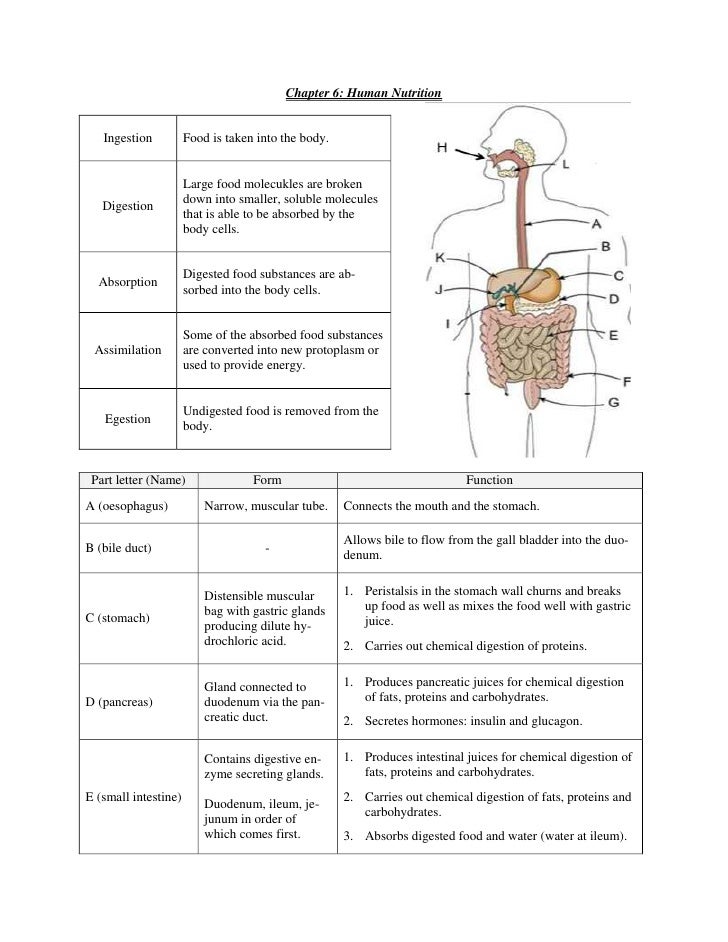


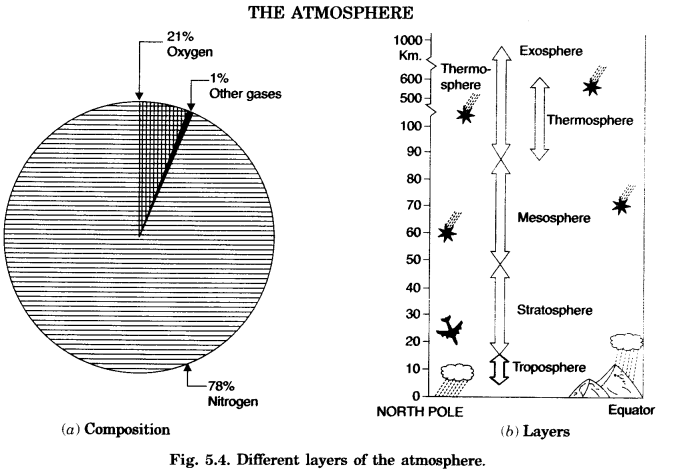
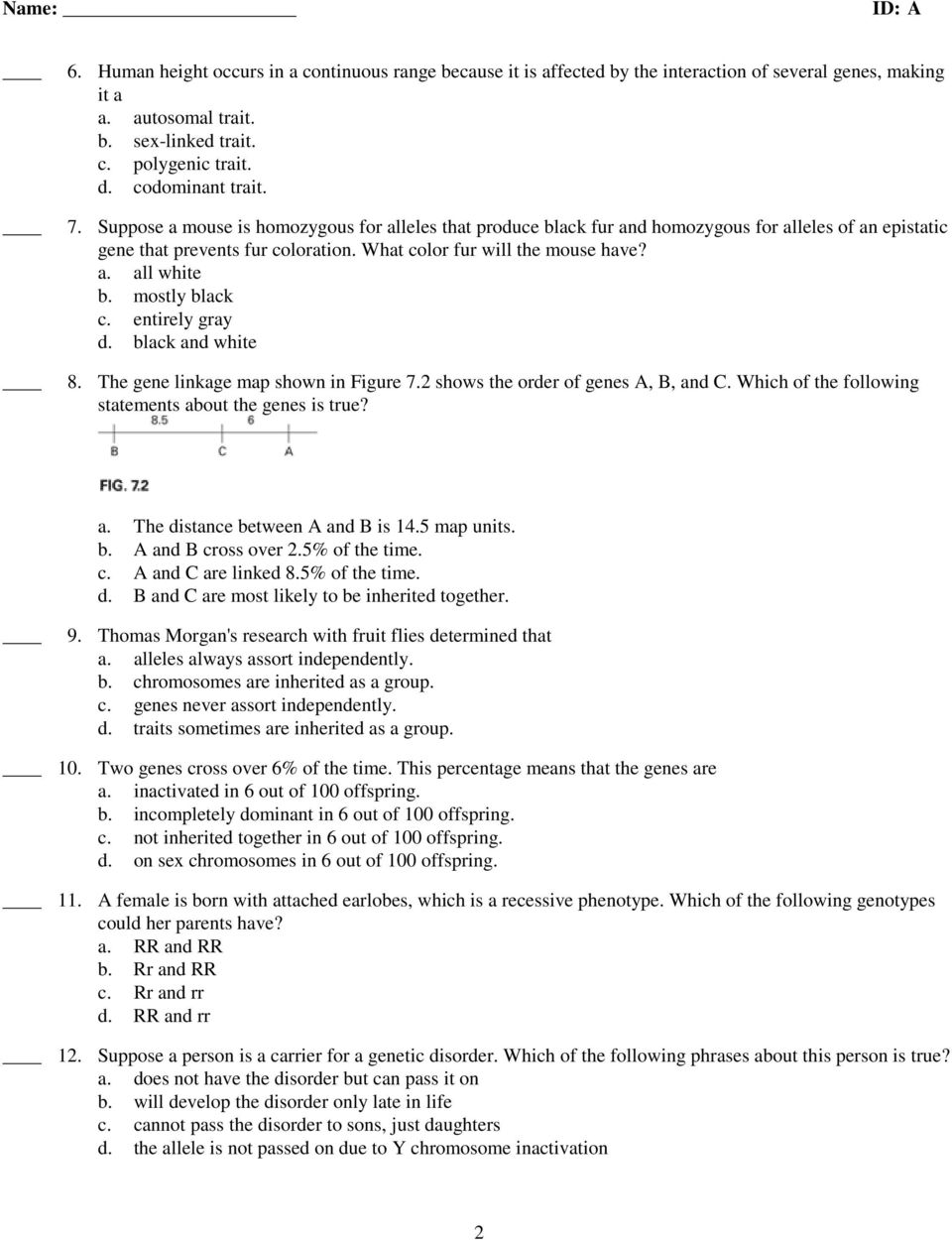
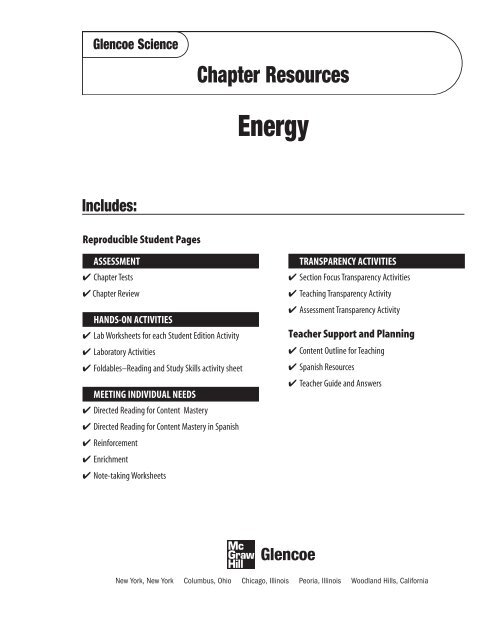
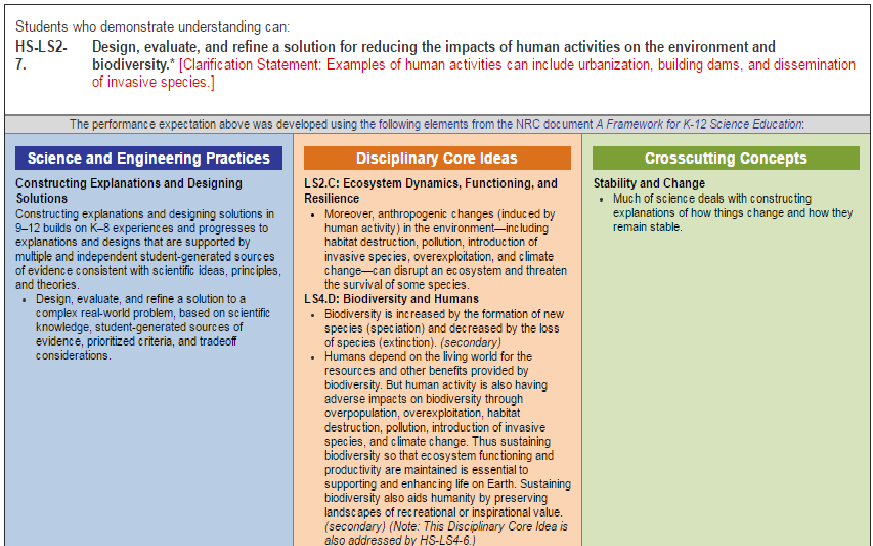

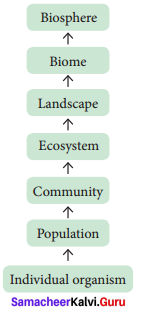
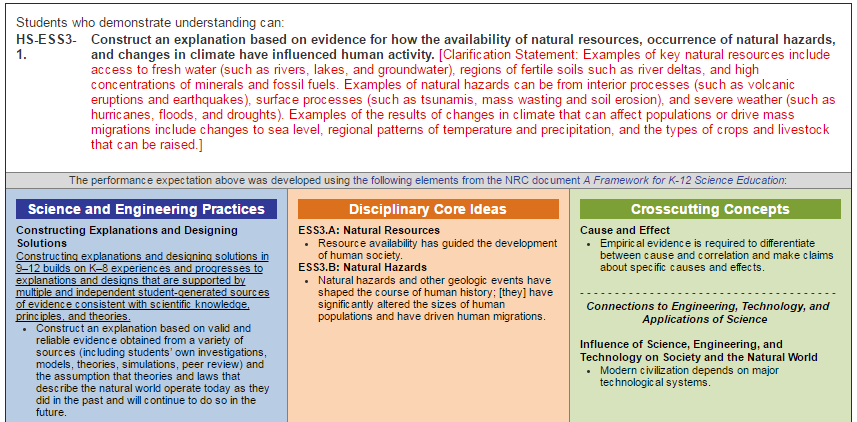
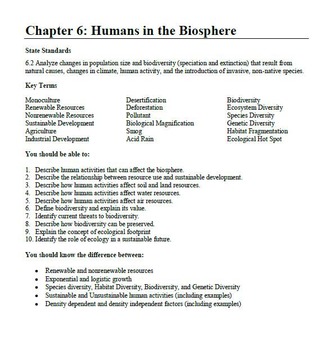

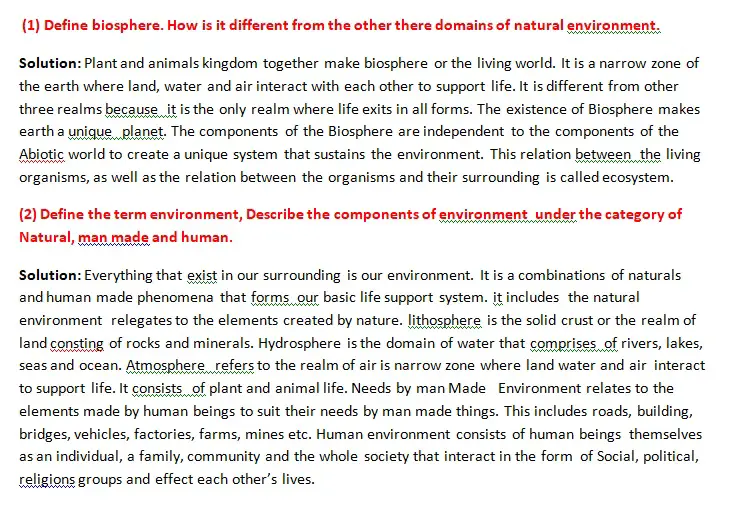
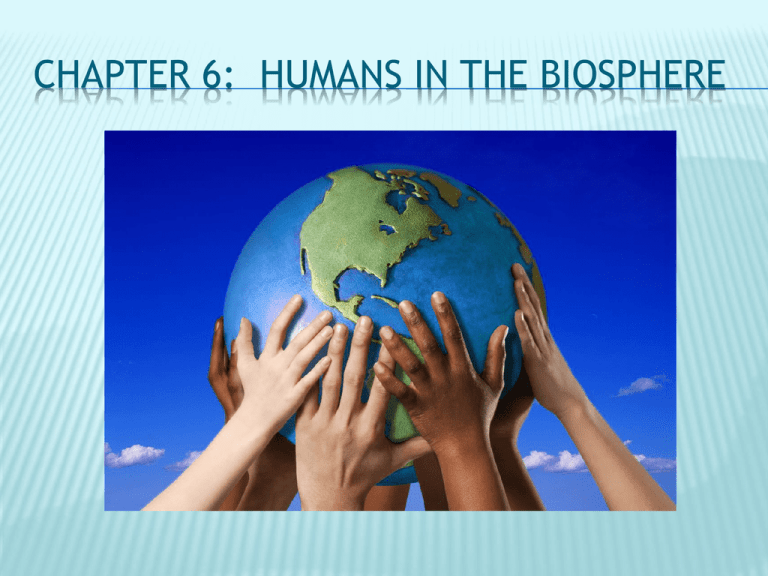




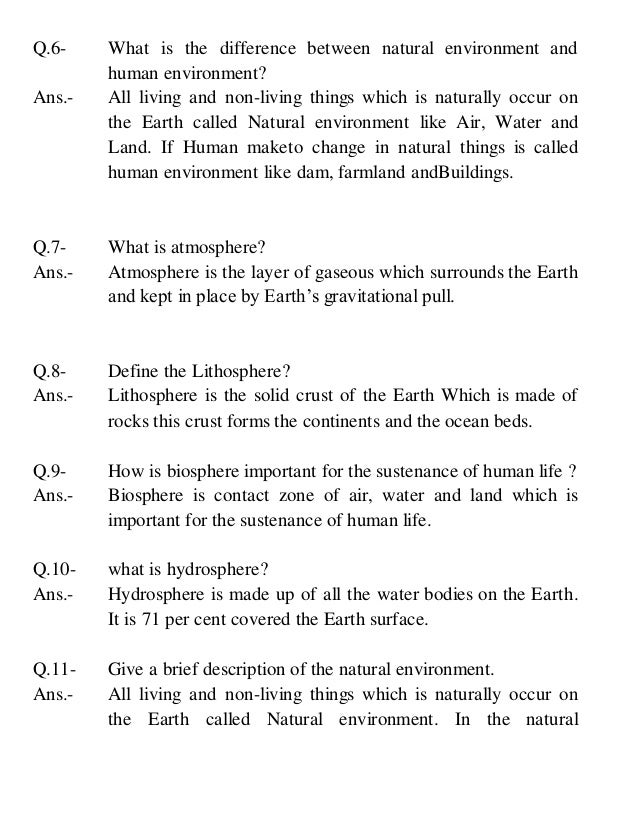
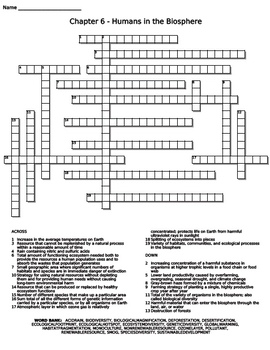





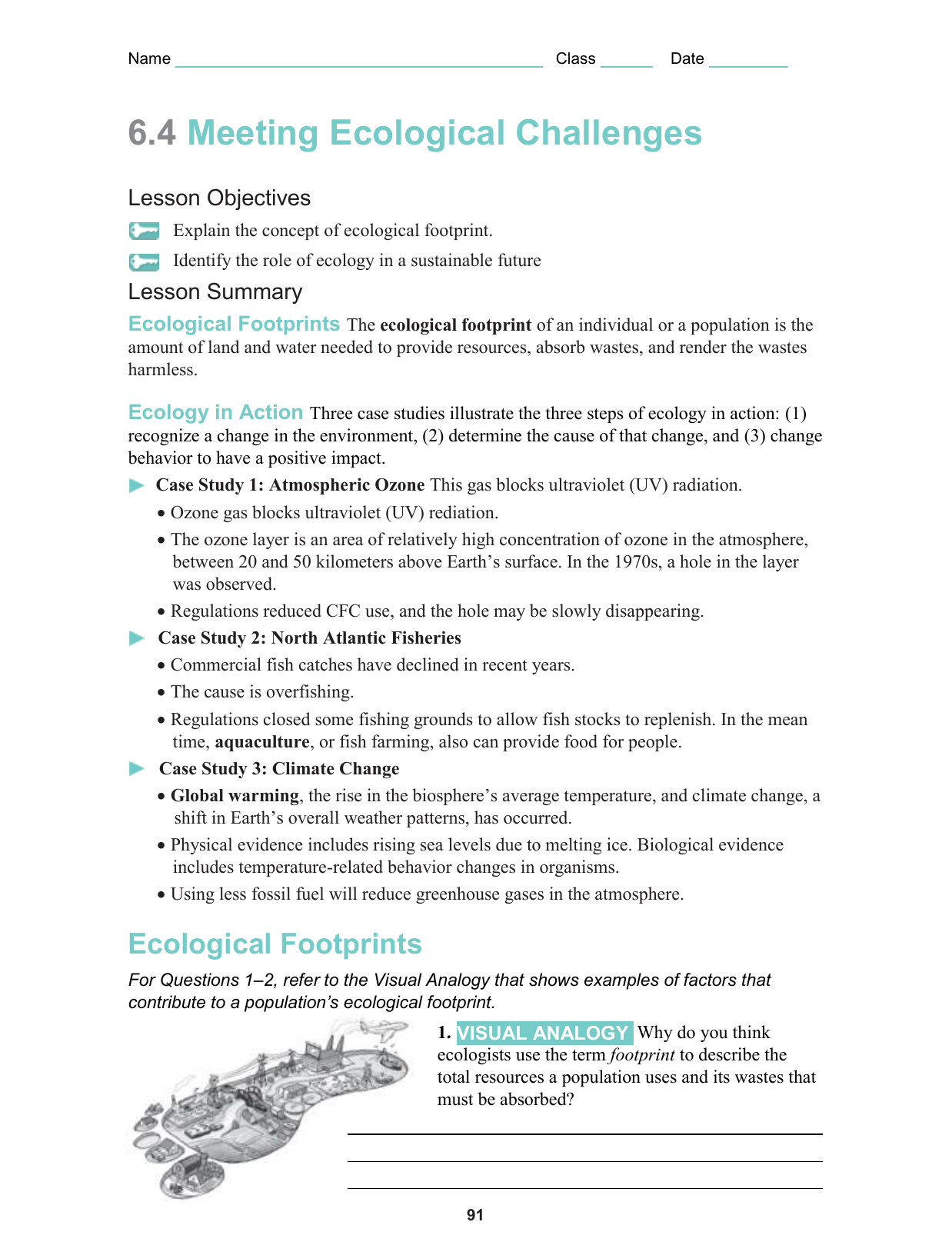

Difference between plant cell and animal cell in tabular form The Basic difference between plant cell and animal cell is that plant cells are rectangular in shape while animal cells are round in shape. Plant cells have cell walls while animal cells do not have cell walls. The chloroplast is present in plant cells while Absent in animal cells. Plant cells are larger than animal cells.
ReplyDelete